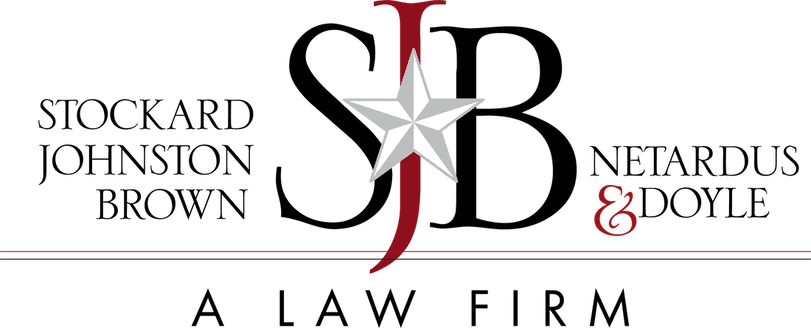You took your insurance company to court because they refused to pay a legitimate claim. Or maybe they failed to investigate the claim properly. Based on their actions, or inaction, the courts determined that the insurer acted in bad faith. What happens now?
Two things happen once the court hands down its judgement:
- The court awards damages.
- The insurance company ponders appealing the decision.
Damages In A Bad Faith Case
An insurance company that is found to have operated in bad faith can be made to pay damages far in excess of the limits within the policy. This is due to the unequal bargaining status of an insurance company against an individual policyholder.
Legislative bodies, as well as the courts, recognize that insurers have the upper hand because they make the decisions on which claims are paid and which ones are not. They also recognize that insurance companies are for-profit entities. In recognition of these factors, the penalties for insurers found to have acted in bad faith can be quite severe.
The exact damages awarded by the courts will vary depending on the facts and circumstances of a particular case.
- In almost all cases, the plaintiff’s original claim amount will be awarded.
- In some cases, if part of the plaintiff’s case, awards for emotional damage may be in order.
- The court can award attorney’s fees, costs, interest on all monies awarded pre- and post-trial, and insurance code penalties.
- In egregious cases, the court can also award punitive damages.
The Appeals Process
Once the courts reach a judgement and award damages, the insurance company has two options:
- Accept the judgement and pay the damages
- Appeal the decision and prolong the process
In some cases, the insurer will pay the damages and settle the matter. Unfortunately, in some cases, the insurer does not want to pay anything to the insured. For them, the next step is appealing the decision.
The insurance company can take the case to the state appellate court. Their attorneys will try to persuade the court that the lower court’s decision was flawed in some way. That court will review the case, the trial, the judgement and the damages awarded.
The appellate court can rule completely in the insurance company’s favor, completely in the insured’s favor, or find some part of the judgement flawed and send it back to the lower court for remediation. If either party is not satisfied, the next step is an appeal to the state Supreme Court.
If you think your insurer is not acting in good faith, you need to get the help of an experienced attorney. Call the insurance team here at Stockard, Johnston, Brown, Netardus & Doyle, P.C. in Amarillo Texas.

